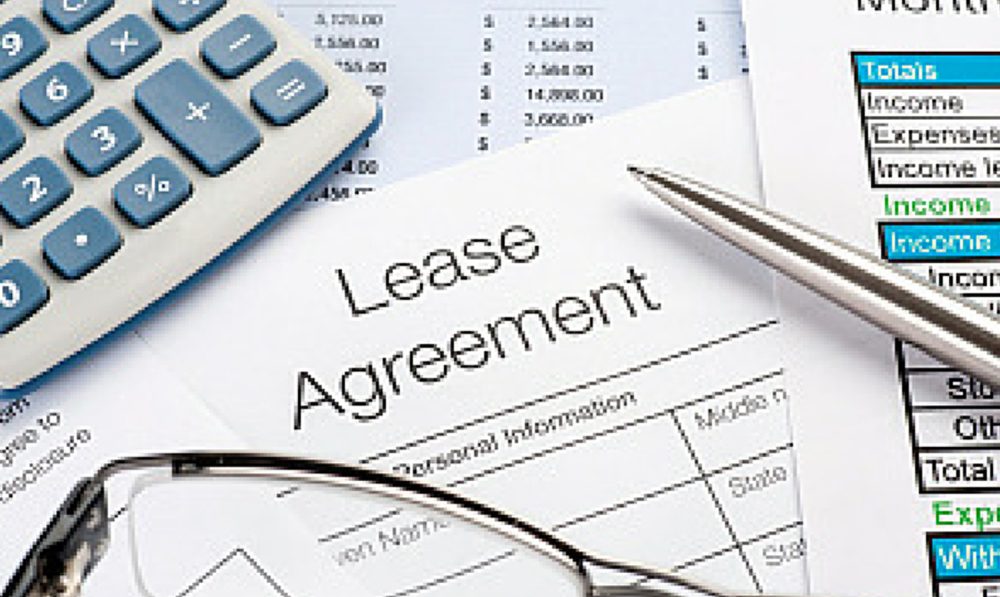Renew current tenant’s commercial lease.
We’ve been blogging for a while now about commercial leases. Read our blogs here if you missed them. Getting the most out of your commercial lease Part I and Part II. The message we’re trying to get across (and hopefully succeeding!) is that a commercial lease is a legally binding document and should be carefully considered by both parties before being entered into. A business lease could be as short as six months or as long as 25 years, which is a serious commitment. Getting professional advice is essential.
So the lease is coming to an end. What now?
LANDLORDS
As a landlord you are more or less obliged to renew a lease where the tenant has remained within the terms of the lease agreement and satisfies either the business equity, long possession equity or improvements equity criteria.
Business equity requires the tenant to have been in business for five consecutive years.
Long possession equity means they must have been at least 20 years in possession.
Improvements equity arises if the tenant has made improvements which amount to half or more than half of the letting value of the tenement when the notice of intention to claim compensation is served.
Length of new leases
The legislation applying to renewing of leases is The Landlord and Tenant (Amendment) Act 1980 with a 1994 amendment. The 1980 Act sets out the lengths of new leases which should apply to renewals depending on the equity in question.
If you don’t want to renew the lease and the tenant hasn’t renounced his or her right to renew (see below under Tenants), here’s what you have to do:
- Give prior notice no less than six months before lease expiry and within 12 months of lease expiry
- This notice should include the grounds on which you are refusing to renew and the date on which you would like the tenancy to terminate
- If you have received notice from your tenant that he or she wants to renew, you must reply within two months to say that you do not want to proceed with renewal. This is important. If you don’t do this, you waive all rights to oppose the lease renewal
Should the refusal to renew make it to the courts because of a failure to agree, you, as landlord, need to be able to show one of the following:
- Substantial breach of the current lease terms by the tenant
- Non-payment or persistent delays in paying rent
- That you are offering alternative suitable accommodation to the tenant
- That you need to repossess the property in order to develop it
- That you need the premises for the operation of your own business
TENANTS
You have the right to renew your tenancy except in the case where you have renounced your rights to renew prior to or during the term of the lease. To renounce your rights to renew, having taken independent legal advice, you must sign a deed of renunciation as part of your original lease – also known as ‘contracting out’ – which renounces all your rights under the Act.
The Civil Law Act 2008 covers the type of business eligible for contracting out. Previously it was restricted to office use only. Since the 2008 Act, retail, industrial and other business sections are eligible.
You might be wondering why a tenant would contract out of a lease agreement. In fact in the majority of cases, it is the landlord who proposes the contracting out. Say he or she wants to redevelop the building or sell it, they need to know the tenant won’t pursue his or her rights to renew the lease.
So you see, it is a complicated area. If you don’t take right steps at the right time, you could easily find yourself boxed into a second term, or looking at a Circuit Court date. Get advice from an experience chartered surveyor and auctioneer, like O’Neill and Co. Call us on 045 856604.
